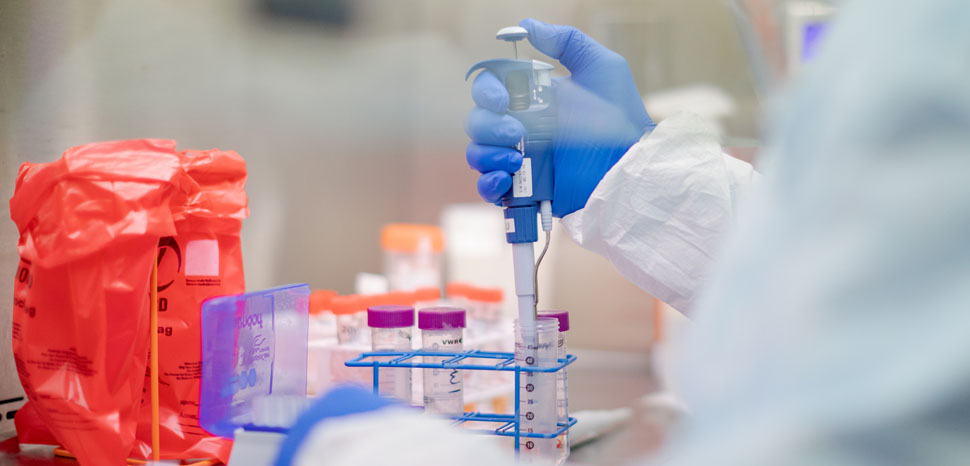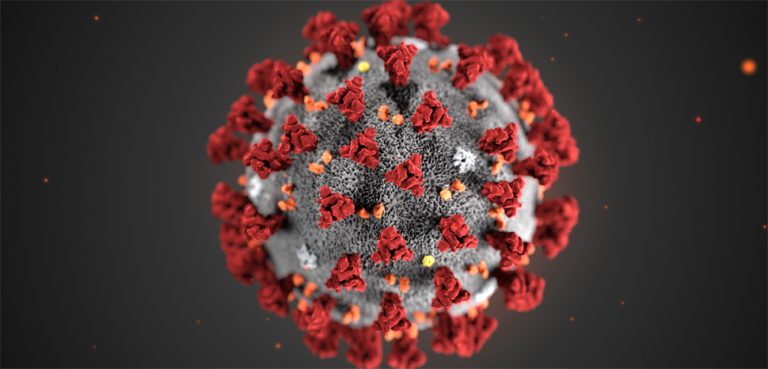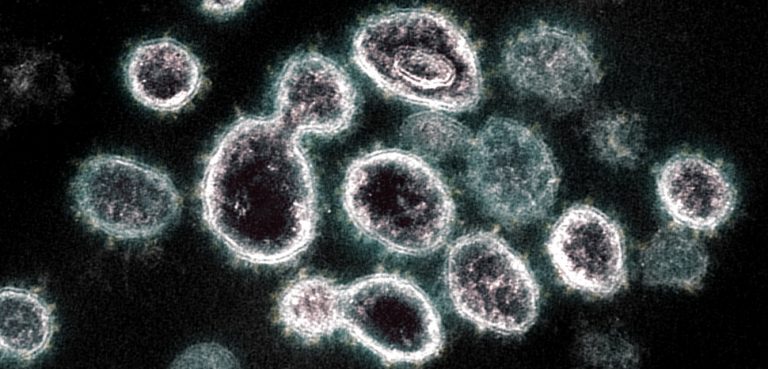Summary
Pfizer sent global equity markets into a state of euphoria earlier this week when it announced that its COVID-19 vaccine is over 90% effective in late-stage trials.
The news had a powerful psychological effect: it represents a light at the end of the tunnel, a promise that at some point in the future the world will return to its pre-COVID normalcy. Its arrival came as an immense relief to the millions who have suffered hardship during this tumultuous year.
Yet the euphoria may have already peaked (this would appear to be the opinion of Pfizer’s CEO, who sold 61% of his share in the company on the same day the news was made public). In reality, though a vaccine may eventually put developed economies back on their pre-COVID footings, it won’t erase the disruptions that occurred in the interim – the unprecedented government spending, the trade diversion, the asset bubbles, the harm to individual livelihoods, etc.
The worst of COVID-19 might still lie ahead. Moreover, when considering the economic impacts of a potential vaccine, it’s worth bearing the following in mind:




